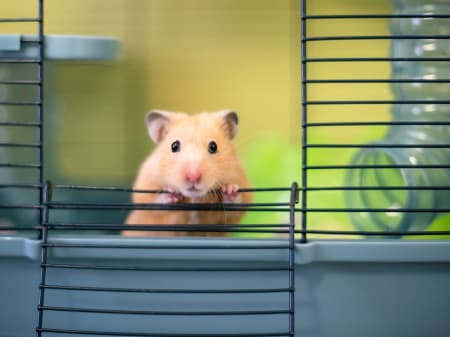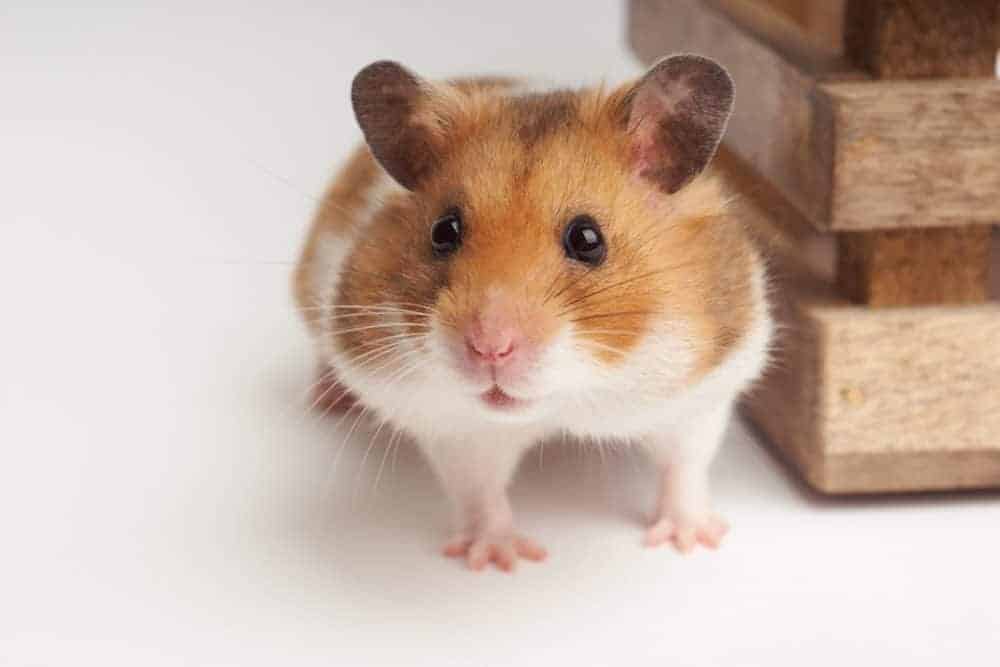Best Hamsters for Unique Personalities
When it comes to pets, hamsters are often celebrated for their compact size, easy care, and engaging behavior. While they may seem similar at first glance, different breeds of hamsters possess unique personalities that can significantly enhance your pet ownership experience. Understanding these personality traits is crucial when choosing the best hamster to match your lifestyle and preferences.
Understanding Hamster Breeds
Hamsters come in a variety of breeds, each exhibiting distinct behaviors and temperaments. Syrian, Dwarf Campbell, Winter White, and Roborovski hamsters are among the most common types. While **Syrian hamsters** are typically larger and can be more solitary, dwarf hamsters are often more social and can live in pairs. It’s essential to research each breed to find the one that best suits your personality and pet ownership style.
Syrian Hamsters: The Solitary Giants
**Syrian hamsters** are well-known for their striking personalities. As solo animals, they prefer a space of their own and are usually friendly toward humans. They are large compared to their dwarf counterparts, with an average length of 5 to 7 inches. These hamsters can bond closely with their owners, making them excellent companion pets. However, due to their territorial nature, they should always be housed alone to prevent conflicts. Additionally, Syrian hamsters can be very active during the evening, offering entertaining interactions in the late hours.

Dwarf Hamsters: The Socialites
Dwarf hamsters, such as the **Dwarf Campbell** and **Winter White**, are known for their playful and sociable behaviors. They thrive in pairs or small groups, provided that they are introduced properly from a young age. These little guys usually measure about 3 to 4 inches in length, making them a perfect choice for those living in smaller spaces. Dwarf hamsters are playful and curious, often exploring their environment or interacting playfully with each other. Regular social interactions with their human companions are essential, so they remain happy and healthy.
Caring for Your Hamster’s Unique Traits
Caring for hamsters involves understanding and catering to their varied personalities and habits. Whether you choose a Syrian or dwarf hamster, creating a suitable habitat is essential. For instance, Syrian hamsters require larger cages featuring plenty of space for climbing and hiding, while dwarf hamsters enjoy a more enclosed space with tunnels to play in. **Proper care** includes recognizing their activity patterns and offering toys that stimulate their unique personalities, such as exercise wheels and chew toys to keep their teeth healthy.
Environmental Enrichment for Hamsters
Each hamster breed has specific needs for environmental enrichment that cater to their unique personalities. Syrian hamsters enjoy larger toys and tunnels, while dwarf hamsters may benefit from more complex climbing structures that promote exploration. Here are some effective ways to enrich your hamster’s environment:
- Provide various toys and tunnels for physical activity.
- Include chew toys to maintain dental health and prevent boredom.
- Rotate toys regularly to keep their environment stimulating.

Interactions & Training
Understanding your hamster’s personality will help you connect better with them. Syrian hamsters, being more solitary and larger, can often be trained to follow you around and recognize your voice. Engaging with them daily during the evening, when they are active, helps build a bond. For dwarf hamsters, group dynamics come into play. If they are kept in pairs, interactions will involve each hamster’s unique playfulness. Each hamster can be trained using treats and positive reinforcement to encourage desired behaviors.
Choosing the Right Hamster for You
Choosing a hamster often depends on your living situation, availability to interact, and whether you want a solitary or social pet. Potential hamster owners aligning their lifestyle with the animal’s personality gain the most rewarding experiences. Always consider adopting from local rescues or shelters, many of whom have various hamster breeds in need of loving homes. **Assessing the time and care** you can provide influences your perfect hamster match.
Your Lifestyle and Hamster Compatibility
When searching for the best hamster to suit your lifestyle, consider the following factors:
- Assessing housing space: Ensure you have enough room for your hamster’s accommodations.
- Activity levels: Different breeds are more or less active; find one that fits your lifestyle.
- Time commitment: All hamsters require daily care and social interaction.

Common Misunderstandings
There are several misconceptions about hamsters that can lead potential pet owners astray. For example, some may believe all hamsters can be combined into a single cage; however, compatibility varies significantly between species, especially in Syrian hamsters. Another common belief is that hamsters are low-maintenance, leading many caregivers to underestimate the time and attention these little pets truly require. Understanding their personalities and needs is crucial to ensuring their happiness and longevity.
Key Takeaways
- Different hamster breeds exhibit unique personalities that affect pet ownership experiences.
- Understanding their specific needs is crucial for fostering a happy and positive environment.
- Engaging in daily interactions is essential for forming strong bonds with your hamster.
FAQ
1. What is the best hamster breed for a first-time owner?
For first-time owners, **Syrian hamsters** are often recommended due to their friendly demeanor and ease of care. They can form a strong bond with humans and are generally straightforward to handle, making them an excellent choice for pet newbies.
2. Can hamsters be kept together?
Generally, **Syrian hamsters** are solitary and should not be housed together, while dwarf hamsters can live in pairs or groups. It’s essential to introduce them at a young age and monitor for possible territorial behavior.
3. How can I keep my hamster entertained?
To keep your hamster entertained, provide an assortment of toys such as wheels, tunnels, and chewable items. Regular playtime outside their cage in a supervised environment can also offer mental stimulation and physical activity.
4. Do hamsters bond with their owners?
Yes, hamsters can bond with their owners. Regular handling, spending time together, and offering treats help develop a trusting relationship, especially with Syrian hamsters.
5. What is the typical lifespan of a hamster?
The average lifespan of a hamster varies by breed; Syrian hamsters typically live 2-3 years, while dwarf breeds range between 1.5 to 3 years. Proper care and a good diet can help maximize their lifespan.
6. What kind of habitat is ideal for a hamster?
A suitable habitat for hamsters varies between breeds. Syrian hamsters require larger enclosures, while dwarf hamsters thrive in more compact spaces. Both need bedding, hiding spots, and toys for enrichment.
7. Can I train my hamster?
Yes, hamsters can be trained using positive reinforcement methods. Offering treats for desired behaviors, such as coming to you when called or navigating a small obstacle course, can be engaging activities for both owner and pet.
